
Our core strength are coffees with distinct notes of terroir and exciting cup profiles. Single farm partnership coffees offering a taste journey throughout the best coffee regions and some of the most skillful coffee producer on this planet.
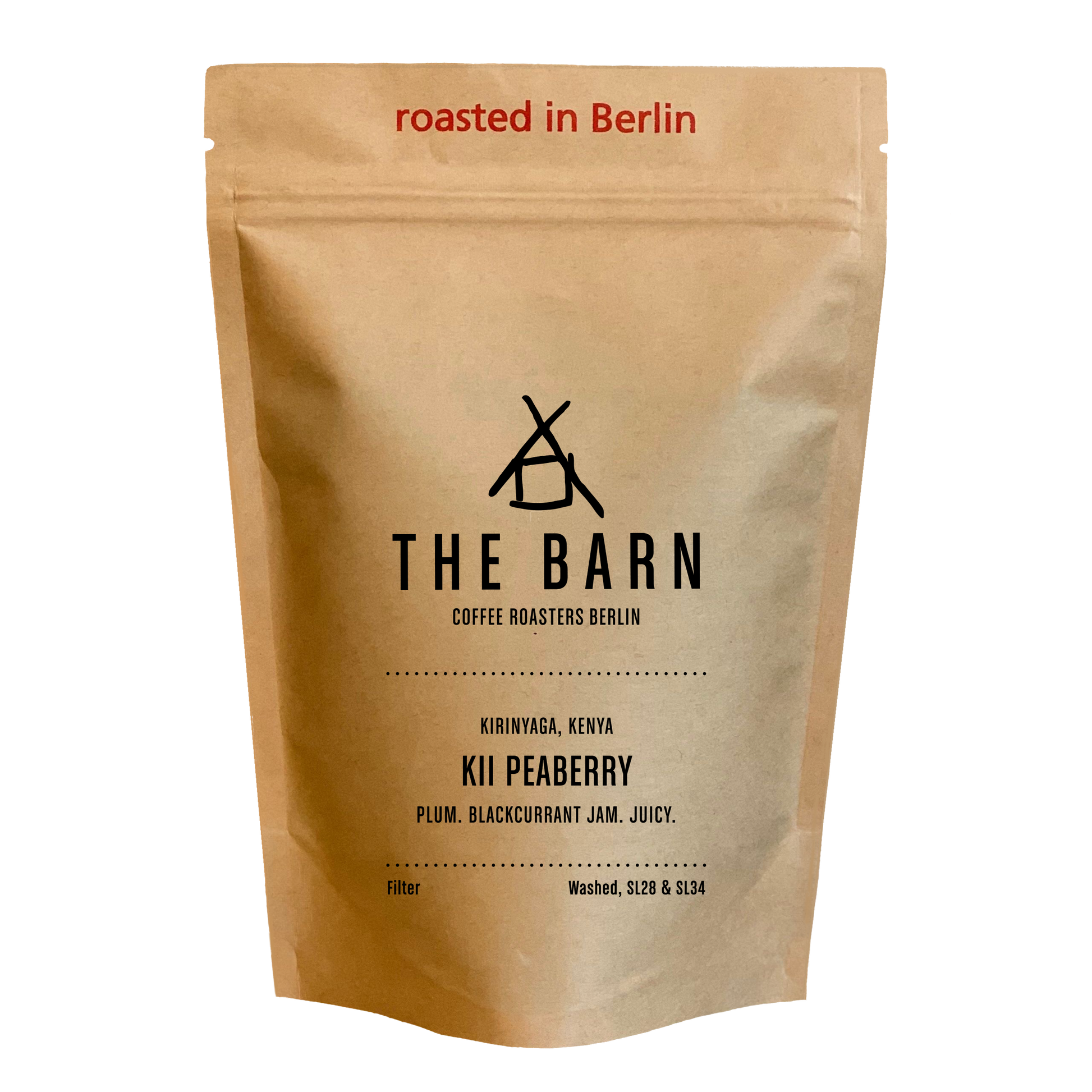








Plum. Blackcurrant Jam.
The Kirinyaga district is named for the snow capped peak of the sacred Mt. Kenya. Just 100 km from the busy streets of Nairobi, the verdant terroir of Kirinyaga offers the unmistakable flavour of Kenyan coffee, prized for its delicious clarity and juicy sweetness.
We are Roaster of the Year 2025 — by Crema Magazine
Free shipping for orders over 44 €
Delivery 1 to 3 days in 🇩🇪
Out of stock
Producer:
Origin:
Altitude:
Body:
Sweetness:
Acidity:
Varietal:
Process:
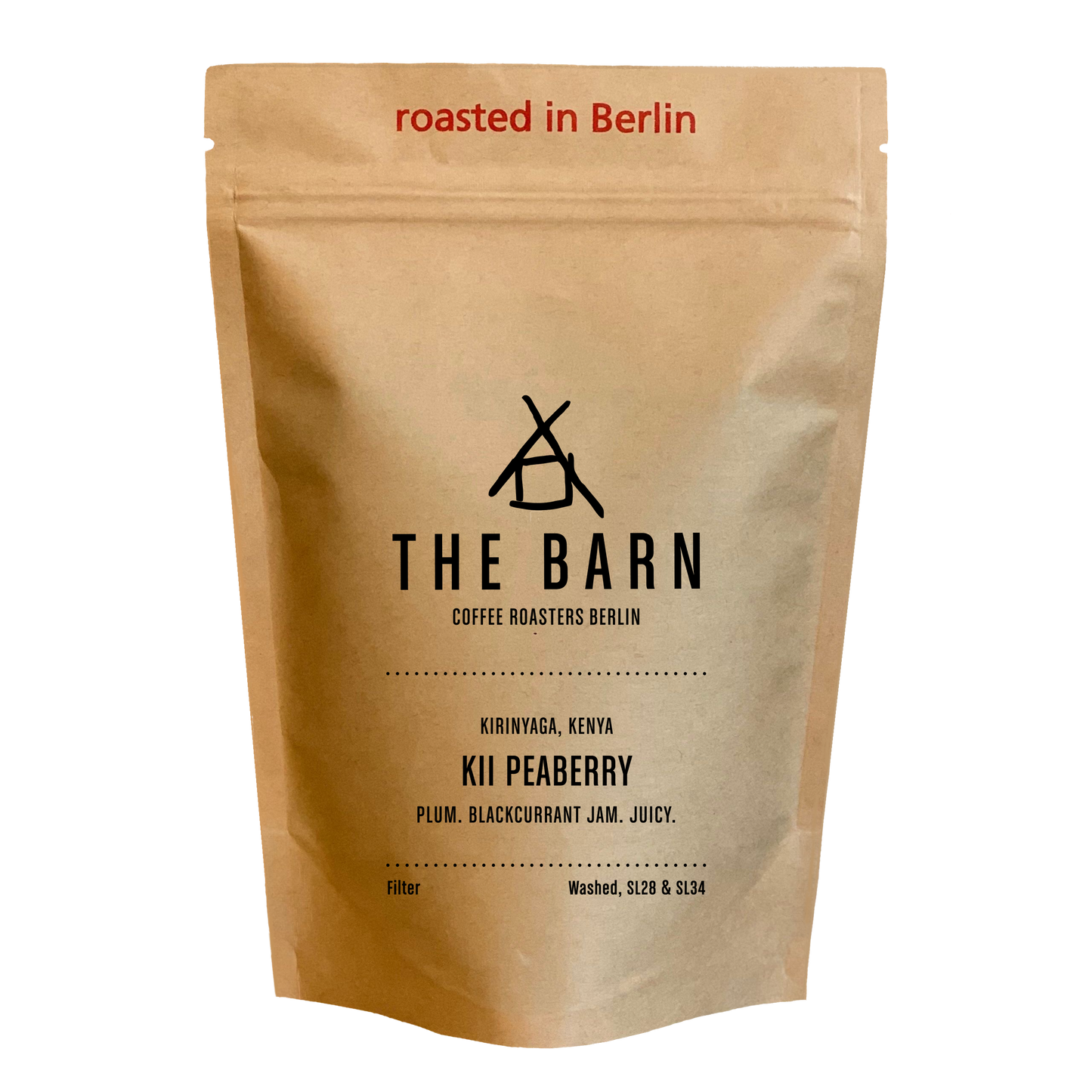







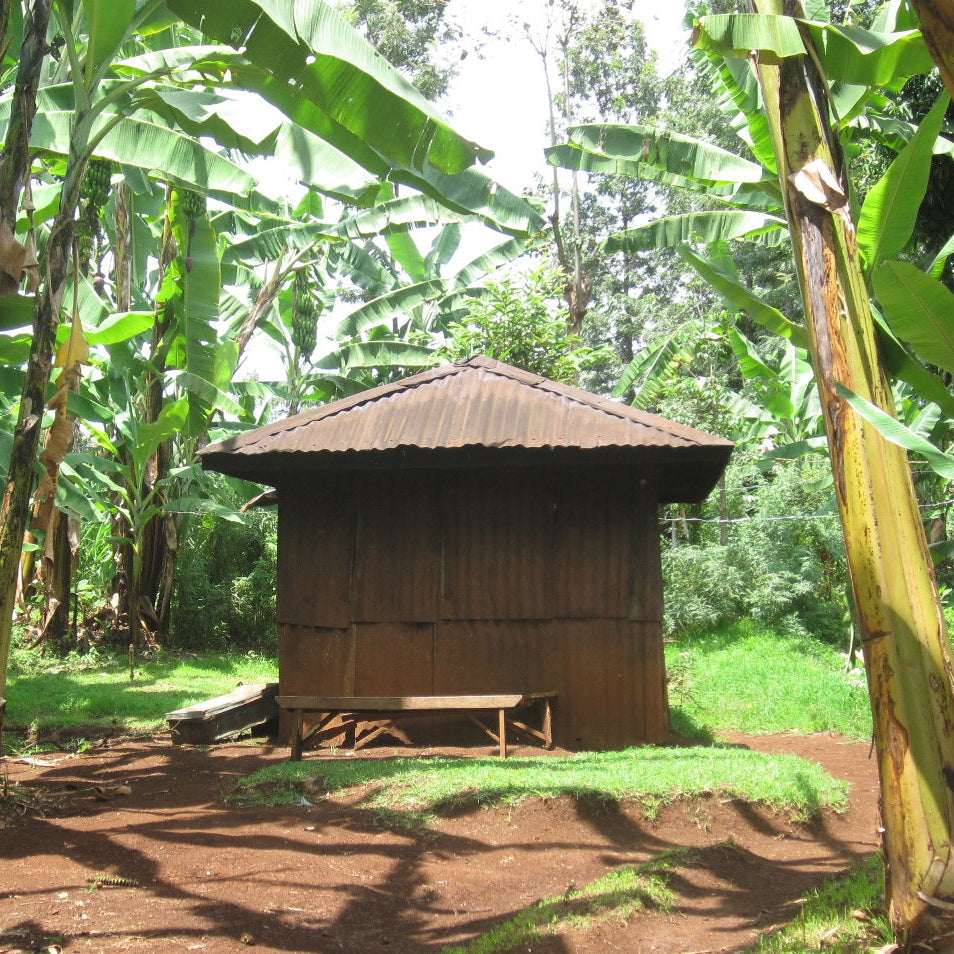
Bright, full of berries, with clean sweet character: Kii Peaberry is a superb example of Kirinyaga. Expect plum, apricot, and delicious aromatic sweetness. The clarity and texture is distinctly Kenyan, a result of classic washed processing. Lasting jammy sweetness brings balance to the fruity acidity.

Kii Factory is one of three owned and operated by Rungeto Farmers Cooperative Society (FCS) with over 850 members. Members receive agricultural support from the cooperative, while quality control undertaken at the mill ensures coffee of the highest quality.
The mill itself was constructed in 1995, nestled at the foot of Mount Kenya. The Kii River, which runs nearby, gives the factory both its name and clean water for the classic washed processing method used in Kenya.
Smallholders selectively handpick only ripe coffee cherries and deliver them to the Kii Factory. On arrival, the ‘Cherry Clerk’ oversees meticulous visual sorting, accepting only dense, ripe coffee. In recent years, great efforts have been made to improve and ensure coffee quality from Kii - the results can be seen in this sweet, clean lot.
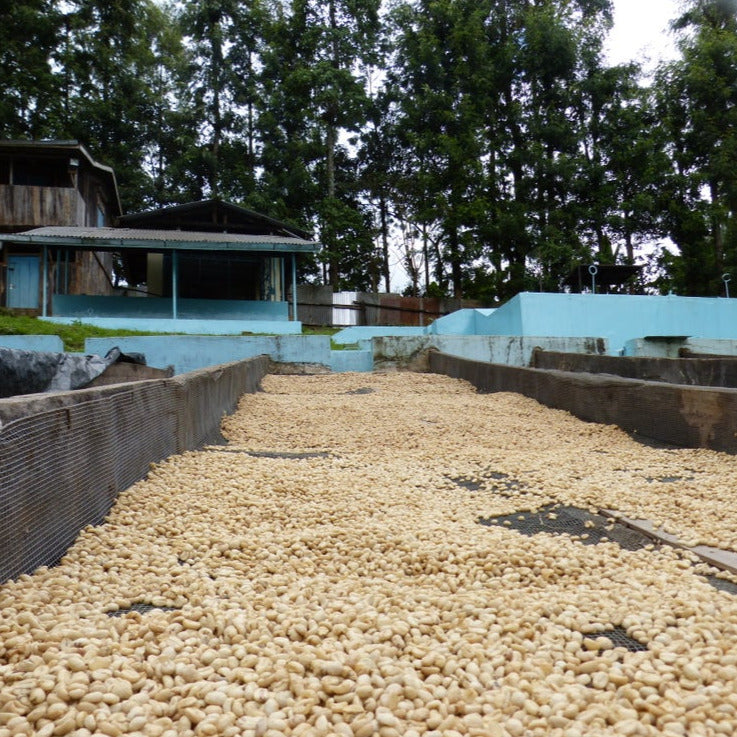
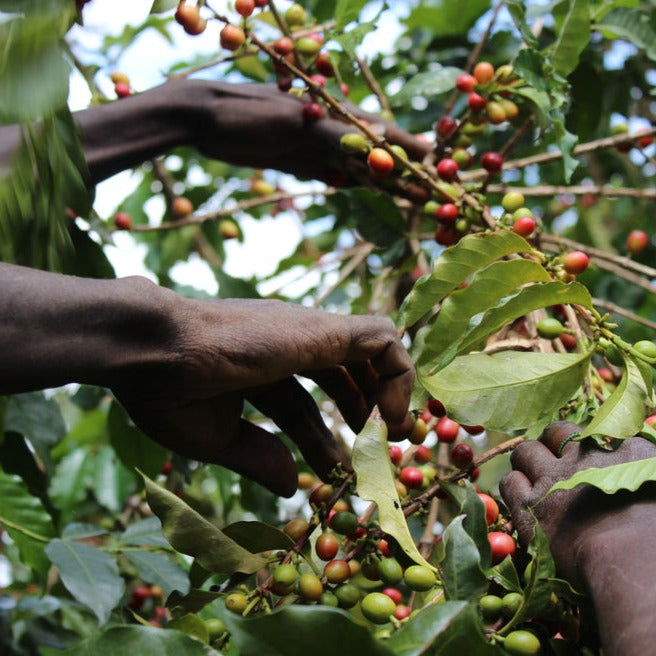
After intake, cherry is pulped and fermented for approximately 16-24 hours, depending on ambient temperature at the time. Following fermentation, coffee is washed in clean water from the Kii River and soaked for 12 hours. Newly installed tiles in the washing channels help preserve coffee and water quality, and all water used in processing is also cleaned by filtering in earthen pits before being reintroduced to local waterways.
After washing and grading, parchment is laid to dry on raised beds. Workers rake parchment frequently to ensure even drying. They cover drying parchment during the hottest time of day, to maintain slow, even drying and at night, to shelter parchment from moisture. It takes approximately 14 days for parchment to dry.

Join our newsletter today and enjoy early access to limited coffee drops and other perks.
Having trouble entering your email? Click here.